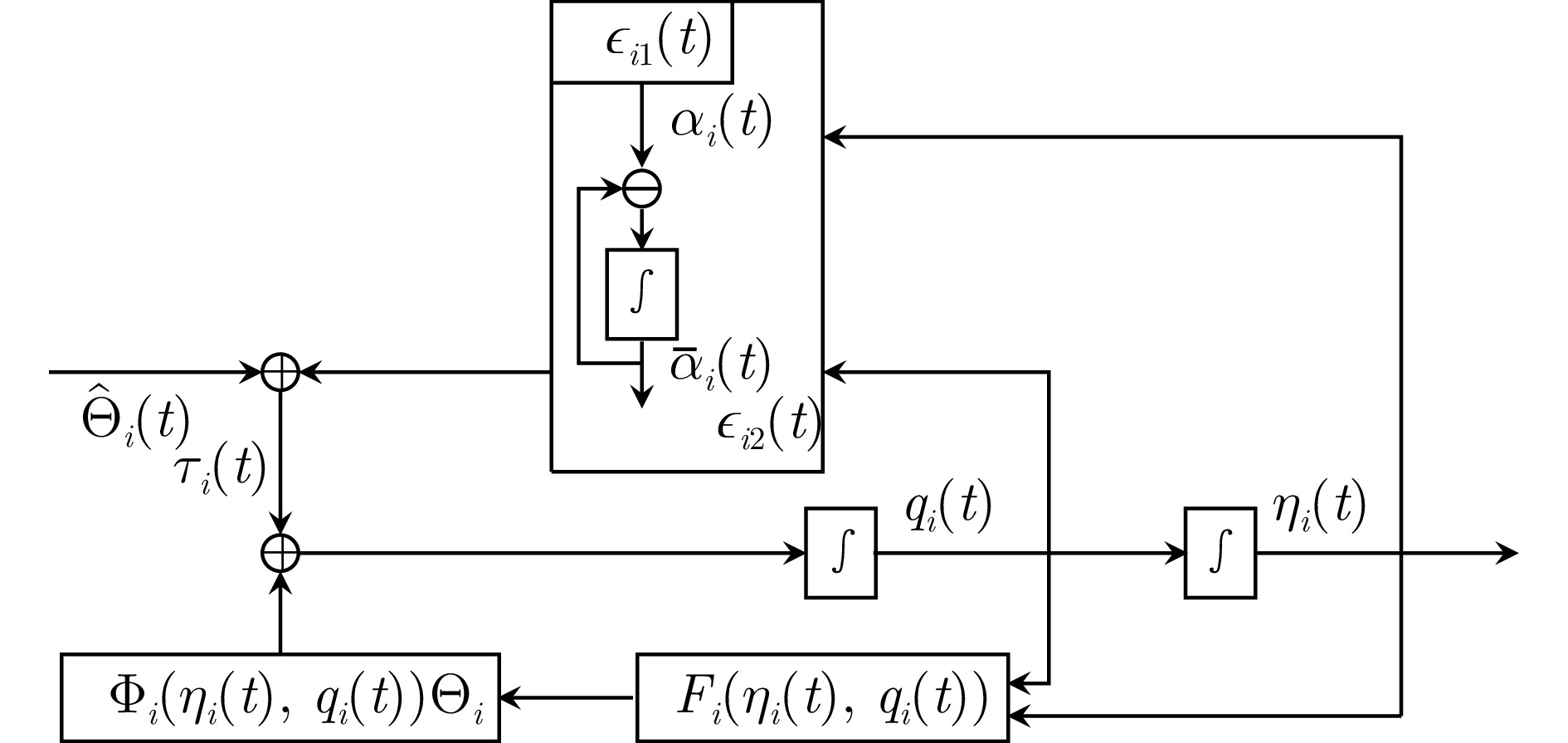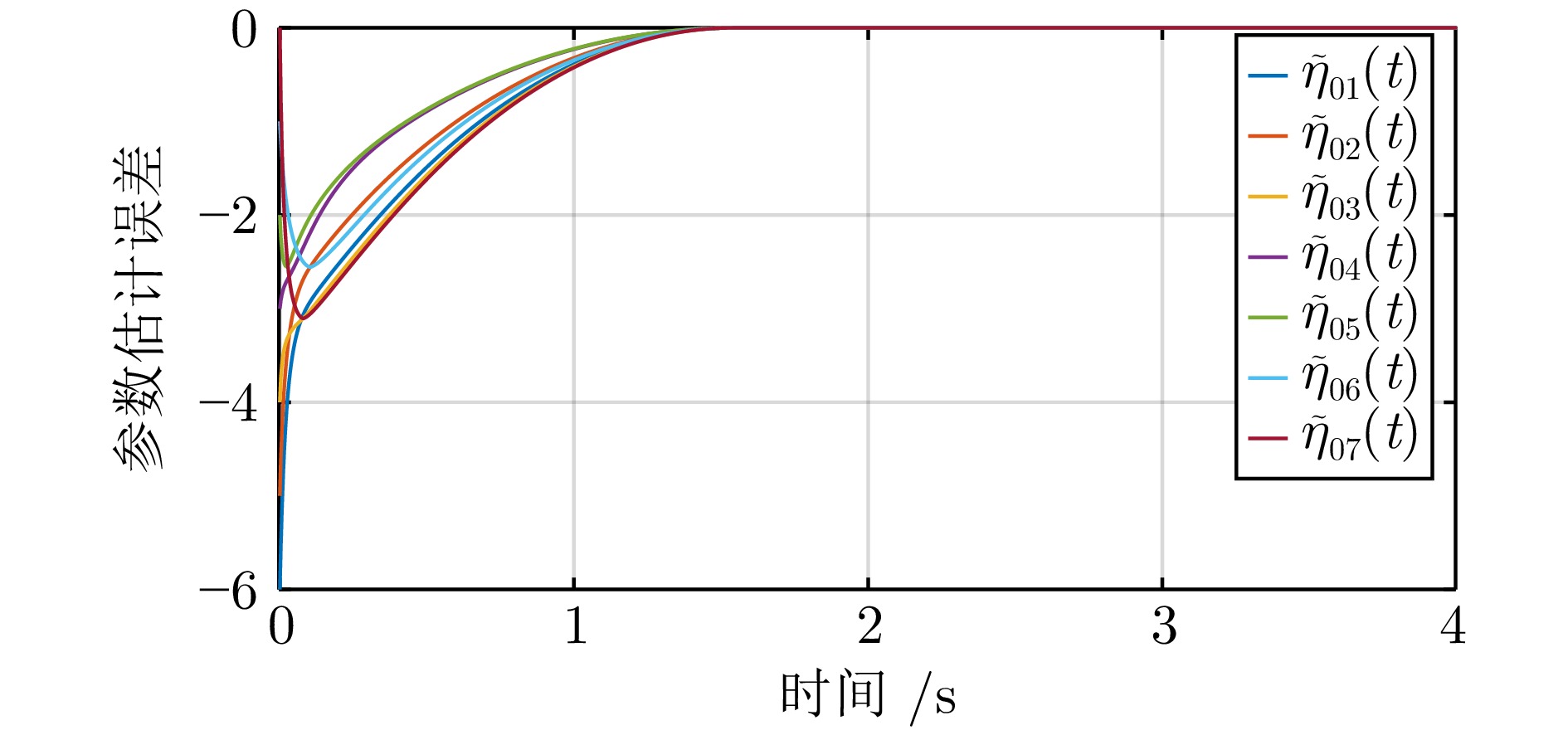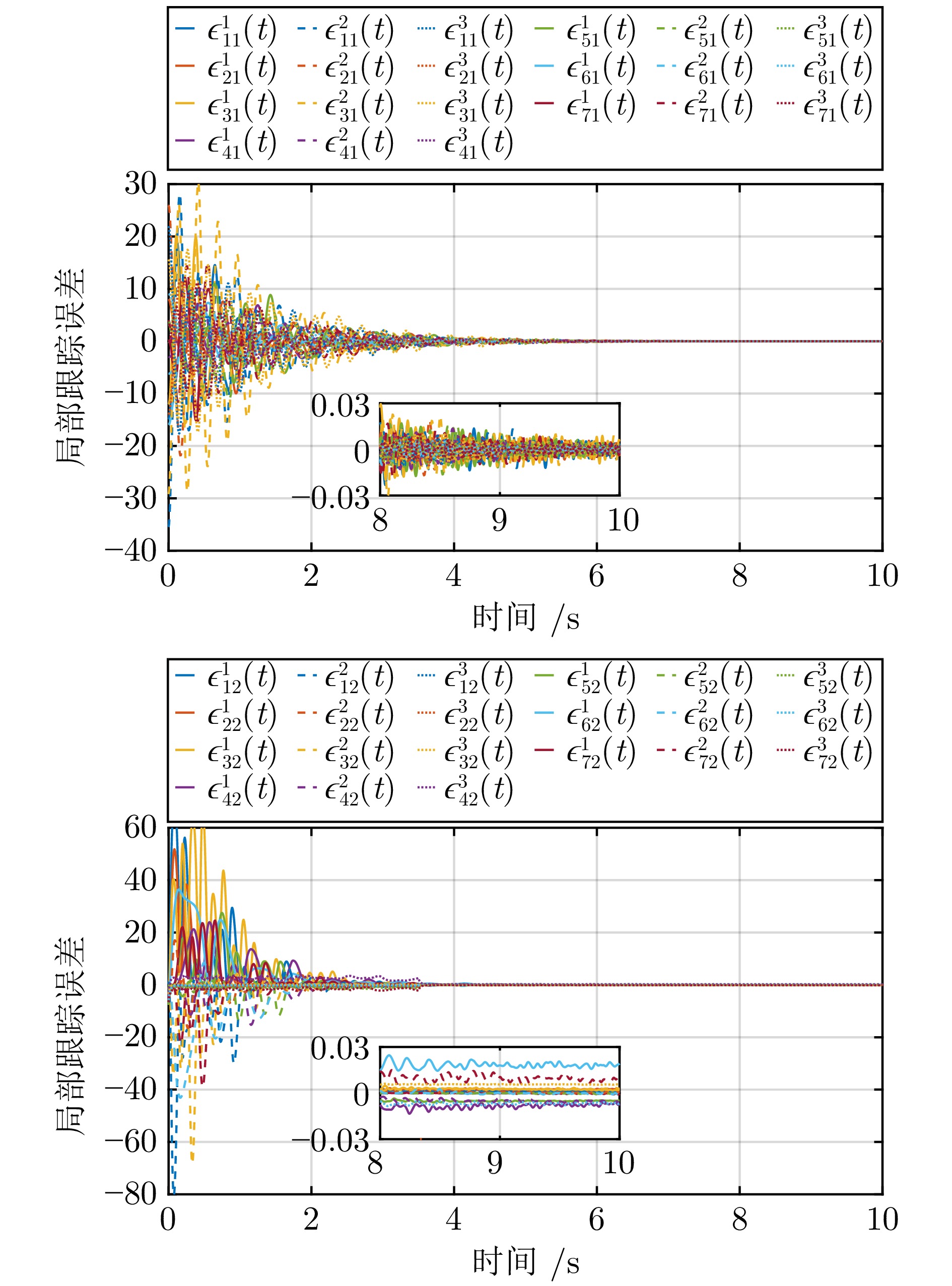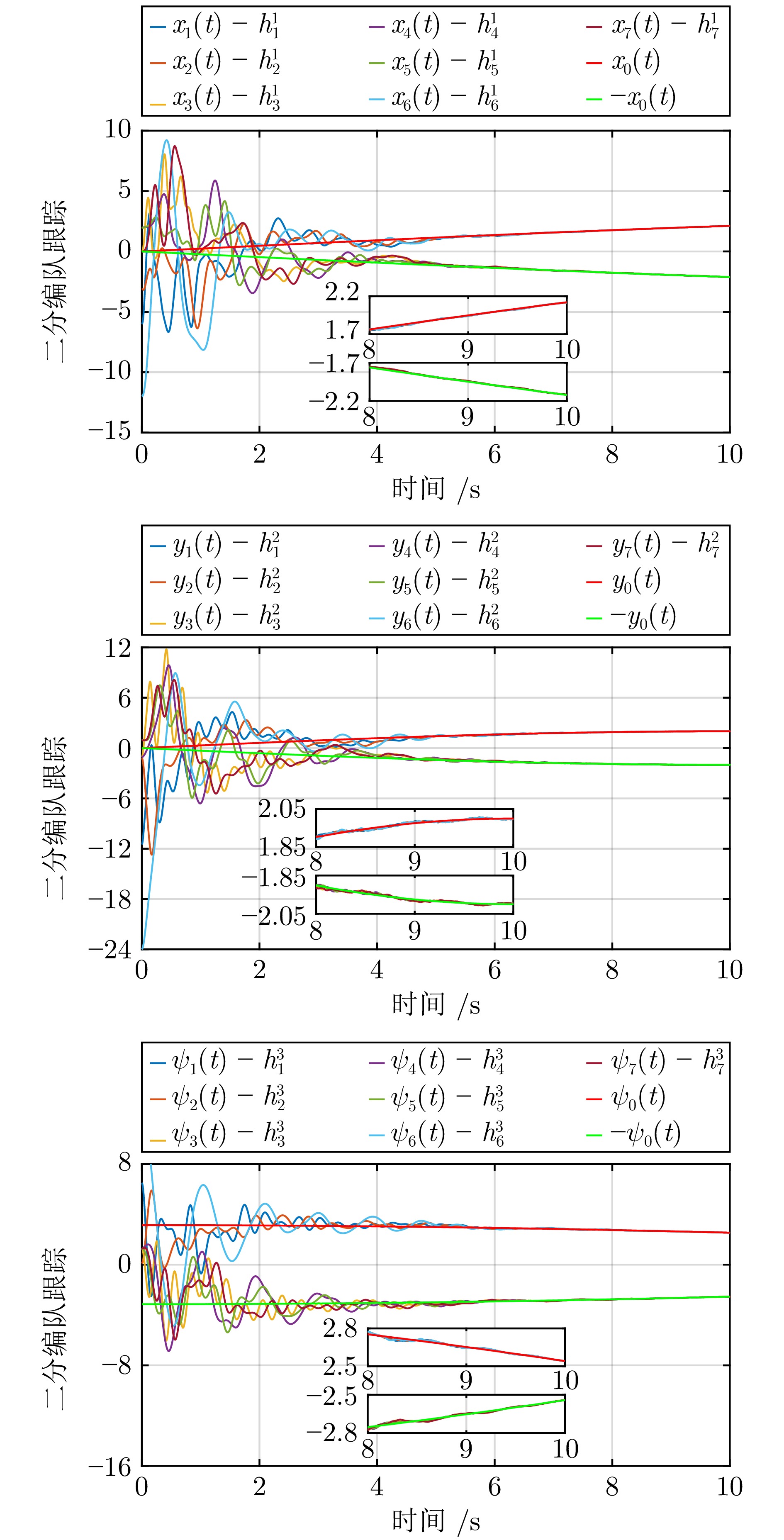|
[1]
|
Dong Z P, Zhang Z Q, Qi S J, Zhang H S, Li J K, Liu Y C. Autonomous cooperative formation control of underactuated USVs based on improved MPC in complex ocean environment. Ocean Engineering, 2023, 270: Article No. 113633 doi: 10.1016/j.oceaneng.2023.113633
|
|
[2]
|
王端松, 李东禹, 梁晓玲. 干扰条件下无人艇编队有限时间同步控制. 自动化学报, 2024, 50(5): 1047−1058Wang Duan-Song, Li Dong-Yu, Liang Xiao-Ling. Finite time synchronized formation control of unmanned surface vehicles with external disturbances. Acta Automatica Sinica, 2024, 50(5): 1047−1058
|
|
[3]
|
Wen G H, Lam J, Fu J J, Wang S. Distributed MPC-based robust collision avoidance formation navigation of constrained multiple USVs. IEEE Transactions on Intelligent Vehicles, 2024, 9(1): 1804−1816
|
|
[4]
|
王宁, 刘永金, 高颖. 未知扰动下的无人艇编队优化轨迹跟踪控制. 中国舰船研究, 2024, 19(1): 178−190Wang Ning, Liu Yong-Jin, Gao Ying. Optimal trajectory tracking control of unmanned surface vehicle formation under unknown disturbances. Chinese Journal of Ship Research, 2024, 19(1): 178−190
|
|
[5]
|
王宁, 高颖, 王仁慧. 状态测量不确定和动力学未知的无人艇固定时间容错控制. 自动化学报, 2023, 49(5): 1050−1061Wang Ning, Gao Ying, Wang Ren-Hui. Fixed-time fault-tolerance control of an unmanned surface vehicle with uncertain measurements and unknown dynamics. Acta Automatica Sinica, 2023, 49(5): 1050−1061
|
|
[6]
|
Wang C C, Wang Y L, Han Q L, Xie W B. Multi-USV cooperative formation control via deep reinforcement learning with deceleration. IEEE Transactions on Intelligent Vehicles, DOI: 10.1109/TIV.2024.3437735
|
|
[7]
|
Pan J, Han T, Xiao B, Yan H C. Predefined-time bipartite time-varying formation tracking control of networked autonomous surface vehicles via hierarchical control approach. IEEE Transactions on Vehicular Technology, 2024, 73(7): 9536−9545 doi: 10.1109/TVT.2024.3364364
|
|
[8]
|
Wen G H. On distributed leader escort control and bipartite time-varying formation tracking of multiple ASVs. In: Proceedings of the 2022 IEEE International Conference on Unmanned Systems (ICUS). Guangzhou, China: IEEE, 2022. 522−528
|
|
[9]
|
Zhou W X, Wang Y Y, Ahn C K, Cheng J, Chen C Y. Adaptive fuzzy backstepping-based formation control of unmanned surface vehicles with unknown model nonlinearity and actuator saturation. IEEE Transactions on Vehicular Technology, 2020, 69(12): 14749−14764 doi: 10.1109/TVT.2020.3039220
|
|
[10]
|
Peng Z H, Wang D, Li T S, Han M. Output-feedback cooperative formation maneuvering of autonomous surface vehicles with connectivity preservation and collision avoidance. IEEE Transactions on Cybernetics, 2020, 50(6): 2527−2535
|
|
[11]
|
Peng Z H, Wang D, Hu X Y. Robust adaptive formation control of underactuated autonomous surface vehicles with uncertain dynamics. IET Control Theory & Applications, 2011, 5(12): 1378−1387
|
|
[12]
|
Rout R, Subudhi B. A backstepping approach for the formation control of multiple autonomous underwater vehicles using a leader-follower strategy. Journal of Marine Engineering & Technology, 2016, 15(1): 38−46
|
|
[13]
|
Kwan C, Lewis F L. Robust backstepping control of nonlinear systems using neural networks. IEEE Transactions on Systems, Man, and Cybernetics——Part A: Systems and Humans, 2000, 30(6): 753−766 doi: 10.1109/3468.895898
|
|
[14]
|
Zhou J, Wen C Y. Adaptive Backstepping Control of Uncertain Systems. Heidelberg: Springer, 2008.
|
|
[15]
|
Li N, Liu X P, Liu C G, He W K, Wang H Q. Adaptive stabilization control for a class of non-strict feedback underactuated nonlinear systems by backstepping. IEEE Transactions on Automation Science and Engineering, DOI: 10.1109/TASE.2024.3392877
|
|
[16]
|
Farrell J A, Polycarpou M, Sharma M, Dong W J. Command filtered backstepping. IEEE Transactions on Automatic Control, 2009, 54(6): 1391−1395 doi: 10.1109/TAC.2009.2015562
|
|
[17]
|
Ghommam J, Saad M, Mnif F, Zhu Q M. Guaranteed performance design for formation tracking and collision avoidance of multiple USVs with disturbances and unmodeled dynamics. IEEE Systems Journal, 2021, 15(3): 4346−4357
|
|
[18]
|
Gonzalez-Garcia A, Castañeda H. Guidance and control based on adaptive sliding mode strategy for a USV subject to uncertainties. IEEE Journal of Oceanic Engineering, 2021, 46(4): 1144−1154 doi: 10.1109/JOE.2021.3059210
|
|
[19]
|
Chowdhary G, Mühlegg M, Johnson E. Exponential parameter and tracking error convergence guarantees for adaptive controllers without persistency of excitation. International Journal of Control, 2014, 87(8): 1583−1603 doi: 10.1080/00207179.2014.880128
|
|
[20]
|
Pan Y P, Yu H Y. Composite learning robot control with guaranteed parameter convergence. Automatica, 2018, 89: 398−406 doi: 10.1016/j.automatica.2017.11.032
|
|
[21]
|
Han T, Guan Z H, Xiao B, Yan H C. Bipartite average tracking for multi-agent systems with disturbances: Finite-time and fixed-time convergence. IEEE Transactions on Circuits and Systems I: Regular Papers, 2021, 68(10): 4393−4402 doi: 10.1109/TCSI.2021.3104933
|
|
[22]
|
Ma L, Zhu F L. Fixed-time-synchronized bipartite time-varying formation tracking control of networked Euler-Lagrange systems. IEEE Transactions on Automation Science and Engineering, DOI: 10.1109/TASE.2024.3395325
|
|
[23]
|
Altafini C. Consensus problems on networks with antagonistic interactions. IEEE Transactions on Automatic Control, 2013, 58(4): 935−946
|
|
[24]
|
Polyakov A. Nonlinear feedback design for fixed-time stabilization of linear control systems. IEEE Transactions on Automatic Control, 2012, 57(8): 2106−2110
|
|
[25]
|
Chen M, Wang H Q, Liu X P. Adaptive fuzzy practical fixed-time tracking control of nonlinear systems. IEEE Transactions on Fuzzy Systems, 2021, 29(3): 664−673
|
|
[26]
|
Liu K, Wang R J. Antisaturation adaptive fixed-time sliding mode controller design to achieve faster convergence rate and its application. IEEE Transactions on Circuits and Systems II: Express Briefs, 2022, 69(8): 3555−3559
|
|
[27]
|
Pan Y P, Sun T R, Joo Y H, Yu H Y. Enhanced parameter estimation in adaptive control via online historical data. IET Control Theory & Applications, 2019, 13(16): 2710−2716
|





 下载:
下载:






